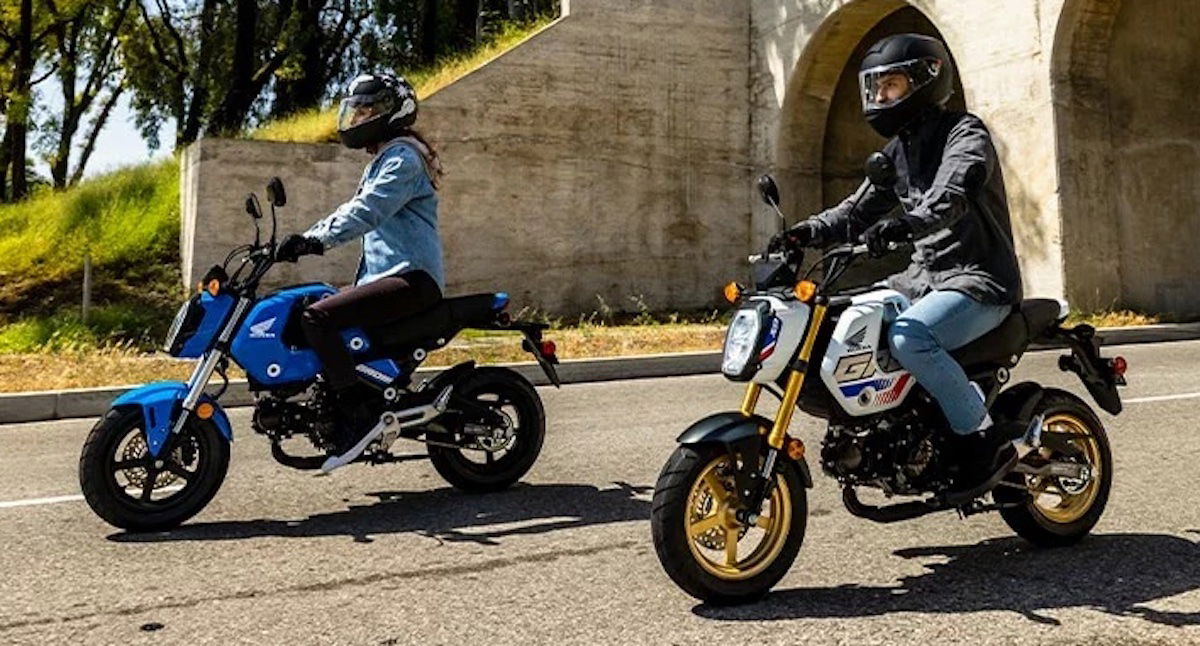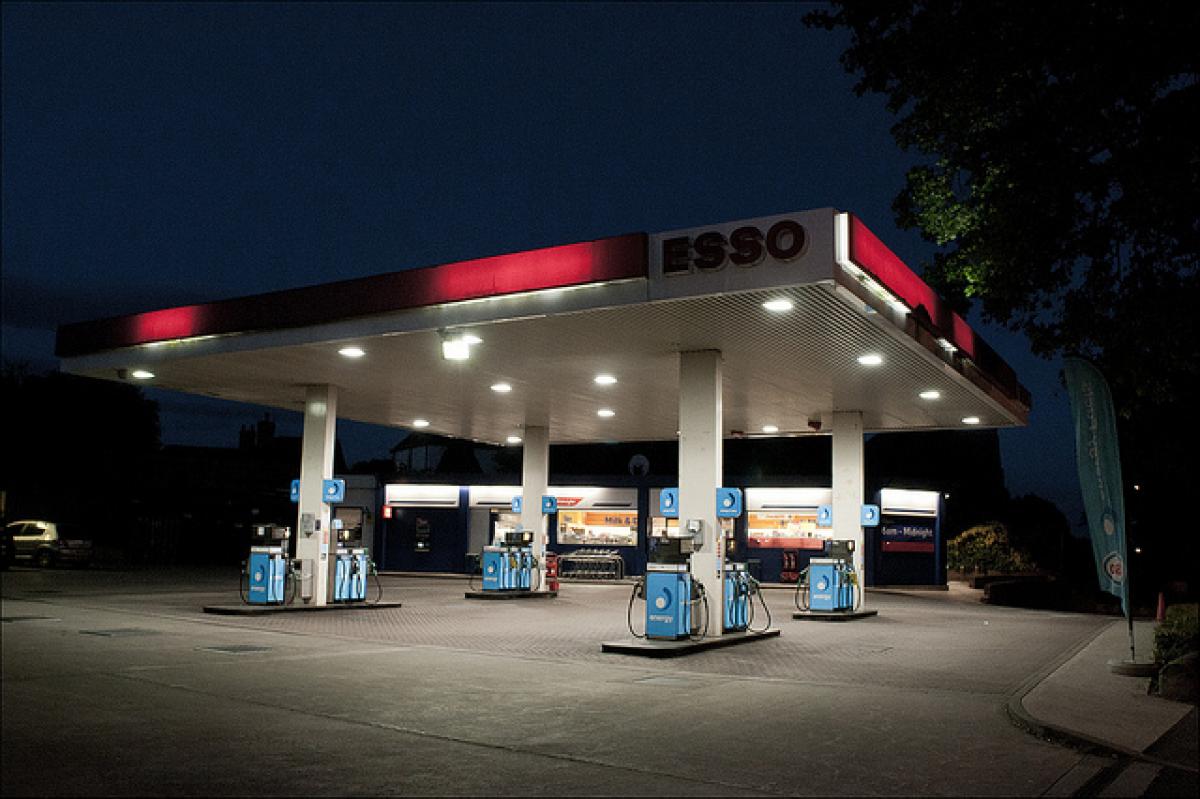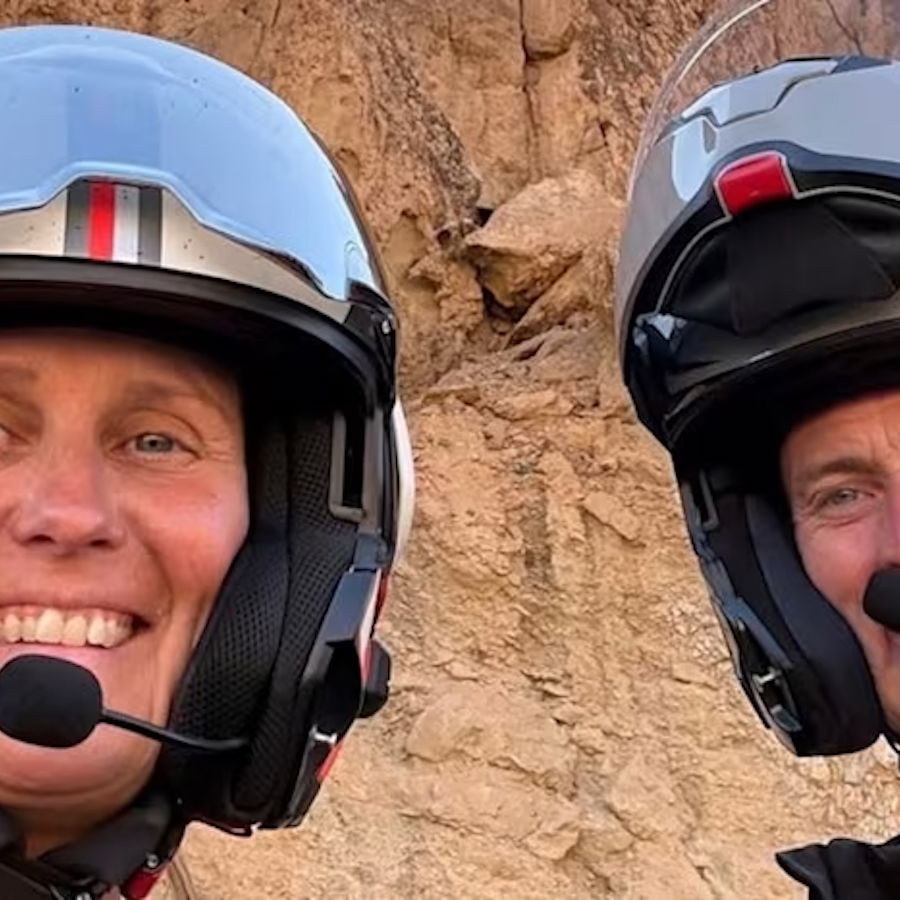Nearly half of motorists avoiding lane one of ALR smart motorway
A survey of nearly 2,000 motorists found that nearly half of the people questioned would avoid lane one of All Lane Running smart motorway

A study conducted by the RAC has found that around half of motorists questioned admitted to avoiding lane one when using an All Lane Running (ALR) smart motorway.
The results contradict the entire reason the ALR roads were rolled out, and further cement the general public’s distrust of the system.
The data shows that 21 percent of drivers would intentionally avoid lane one frequently, while a further 28 percent admitted to occasionally skipping the lane that used to be a hard shoulder. The survey also revealed that of the 1,904 people questioned, 68 percent claimed to have seen lane one being ignored by other road users (despite being free of traffic), and a whopping 77 percent claimed the fear of coming across a stationary vehicle was their biggest worry. On the flip side of that final point, 40 percent of people spoken to said they were worried about being crashed into should they have to stop on the ALR-type roads.
The data also showed that there is a belief among motorists that lane one of a smart motorway is mainly inhabited by trucks and lorries, leading people to avoid driving in the lane as they would need to be constantly overtaking larger vehicles.
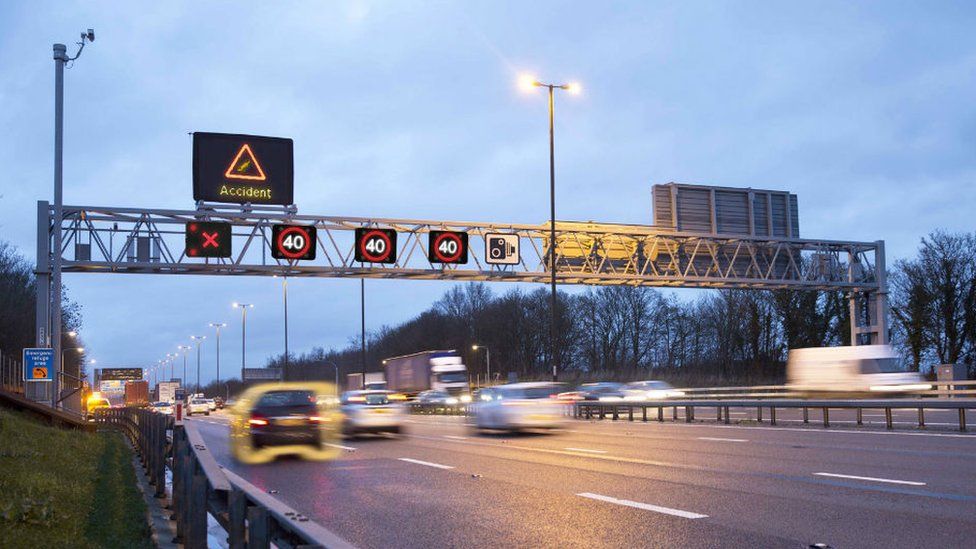
Can ALR smart motorway safety be improved?
The common train of thought among road users is that the only true way to make the roads safer is to reimplement a functional hard shoulder, although apart from doing that, the RAC also questioned what could be done to make drivers feel safer. Nearly three quarters (74 percent) claimed that the introduction of more refuge areas would help, while 72 percent claimed that more technology to detect stranded vehicles would help, and almost half of the people questioned wanted more control centre staff on hand to monitor the traffic on the roads. There was though a number of people questioned who simply thought that nothing more could be done to make them feel safer – 15 percent.
Probably the most interesting stat to come out of the survey though is the news that 70 percent of those drivers questioned ALR smart motorways scrapped altogether, and a ‘dynamic hard shoulder’ was introduced. This system would see the hard shoulder of the motorway used by any and all traffic at busy and congested times. The theory is that the busier road will see slightly lower traffic speeds on average, reducing the risk of a stranded vehicle collision. When the traffic is moving more freely, lane one returns to use as an emergency hard shoulder. This could be notified to drivers via the existing gantry system.
While this final change to the UK’s ALR smart motorway network seems to be the simplest, cheapest, quickest, and most common-sense solution, the government isn’t known for having much common sense.
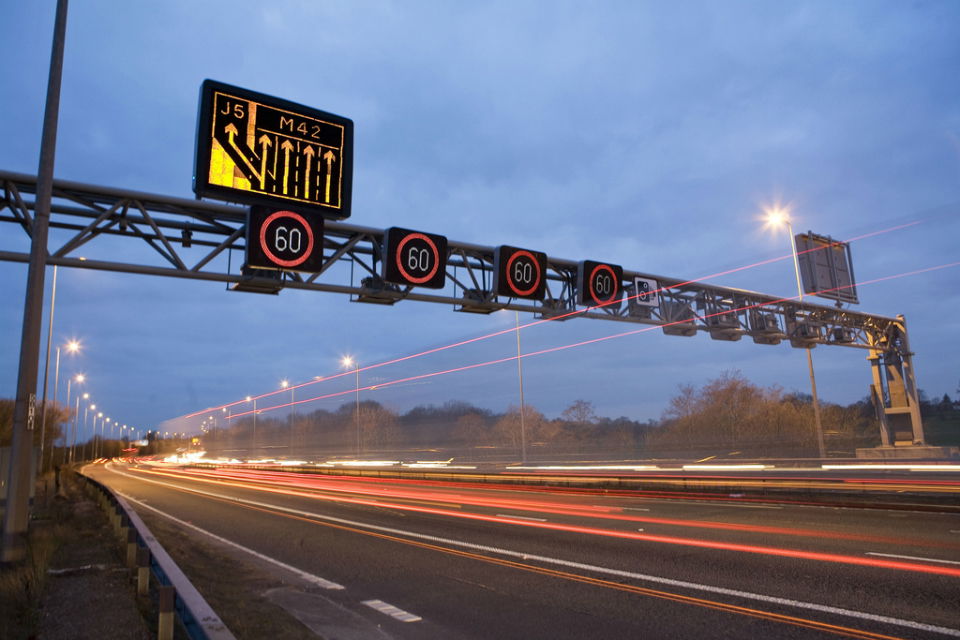
Visordown readers respond on social media
To gauge the feeling among the readers of Visordown.com, we put out a social media post on Facebook earlier today, asking for your views on lane one. While many of you agreed with the sentiment of the people surveyed by the RAC, there were some calling for more people to simply follow the rule, along with the inevitable comedians!
David Morton wrote, “… Coming home from the NEC motorcycle show last month an artic had broken down in lane 2 of the M42. It’s not always the red X on lane 1 you need to watch for.”, while Steve Jones opted to avoid at all costs. He wrote, “Yes, but I try to avoid motorways in general.” Sean Baker on the other hand was more in favour of using all the lanes, he said, “No.. [I don’t avoid lane one] because that's against the law … anyone that does, on a bike or in a car needs a slap, also there's no "sudden lane closures" they're clearly marked on signs on the approach.
While our (fairly unscientific) survey doesn’t quite reveal the same level of distrust for ALR smart motorways, it does still point to a general lack of confidence in the roads.
